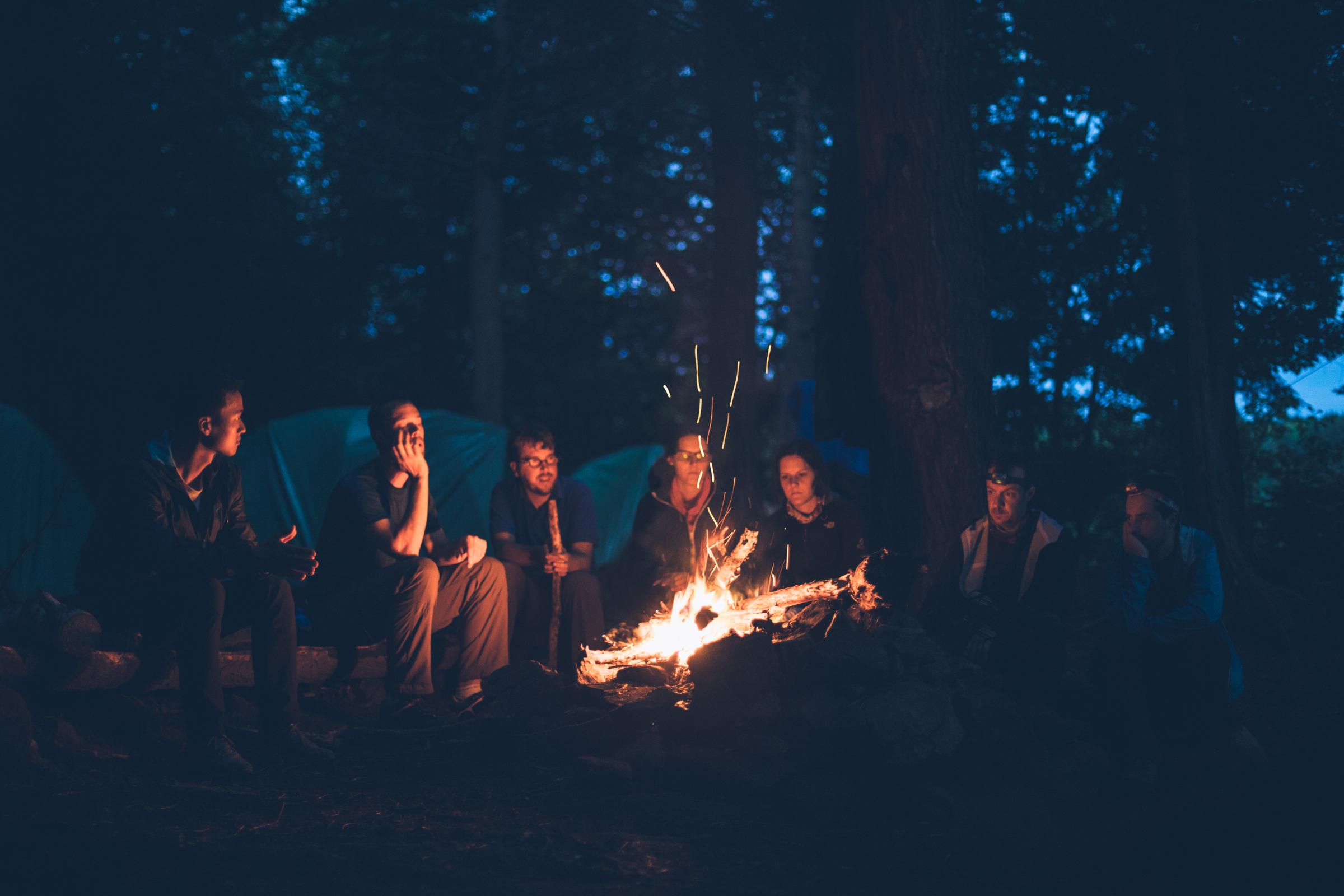Literacy learning
- a shared responsibility

Literacy learning
- a shared responsibility
The evidence is consistent, positive and convincing: families have a major influence on their children’s achievement. When schools, families and community groups work together to support learning, children tend to do better in school, stay in longer and like school more. (Henderson & Mapp, 2002)
It is clear that ongoing literacy learning is a shared responsibility between home and school. We consistently work together to achieve the best learning outcomes for our children.
The upcoming holidays are a wonderful opportunity to grow and learn together through everyday shared experiences. It is important to recognise that everyday experiences of talking and learning about the world, enhance literacy learning.
Children learn to be literate through their interactions with others through daily experiences. Your child’s vocabulary will be extended and a sense of belonging supported by naming and talking about what is happening and what will happen next. Involving your children in daily life, in a conversational way and telling family stories support a sense of self and support him/her to become increasingly literate.
The art of storytelling is an ancient literacy experience. Storytelling continues to be a rich experience that enables the storyteller, as well as the listener to engage deeply in a story. Stories may be traditional ones, family stories or stories about daily events. Think of the stories told over generations around a camp fire. When children hear stories told over and over again they are able to visualise the characters, and may be transported in their imagination to faraway places. Props such as puppets, hand gestures and different voices are powerful tools to use when telling stories as they encourage children to interact in imaginative ways. Through storytelling, children may also hear and build their understanding about how stories are constructed. They begin to recognise that stories have a beginning, a middle and an ending. Children are storytellers, too. By taking time to engage with the stories that children develop, the listener is taken into another world and learns more about the children’s experiences and understanding of their world. (Reading: from beginnings towards proficiency | Chapter 6: Families and communities reading together, 2014)
Take time over the holidays to rediscover family stories from your extended family. Search out stories to retell from your heritage. Spend time together to create stories through rich language and vocabulary. Engage in storytelling new stories, co-created with your child. Find time to rejuvenate after a successful semester of learning and embrace the opportunity for conversation. Be assured that literacy learning for your child goes beyond the school environment, to families and communities where children thrive.
Have a calm and enjoyable school holiday and if you have a family storytelling experience to share contact me, I'd love to hear your story!